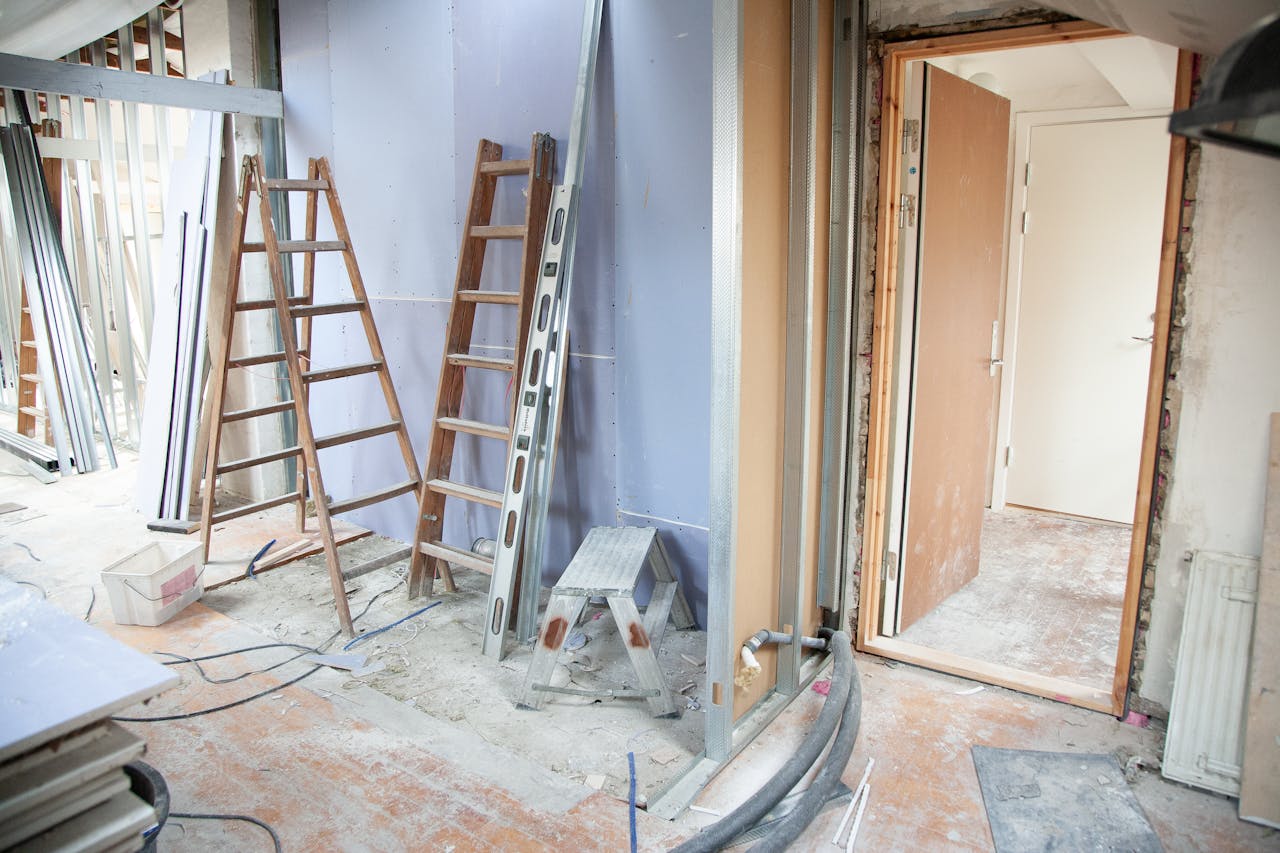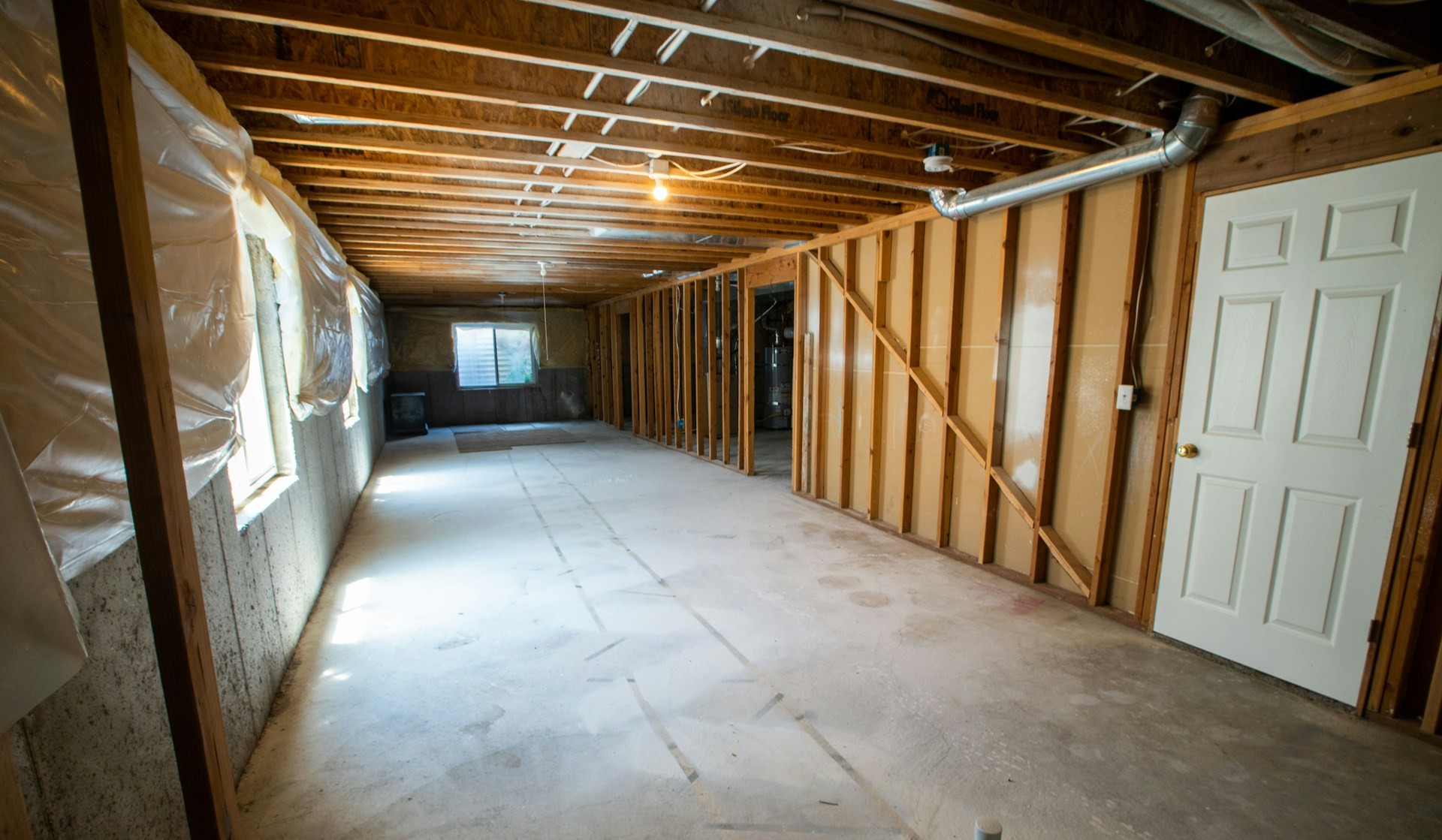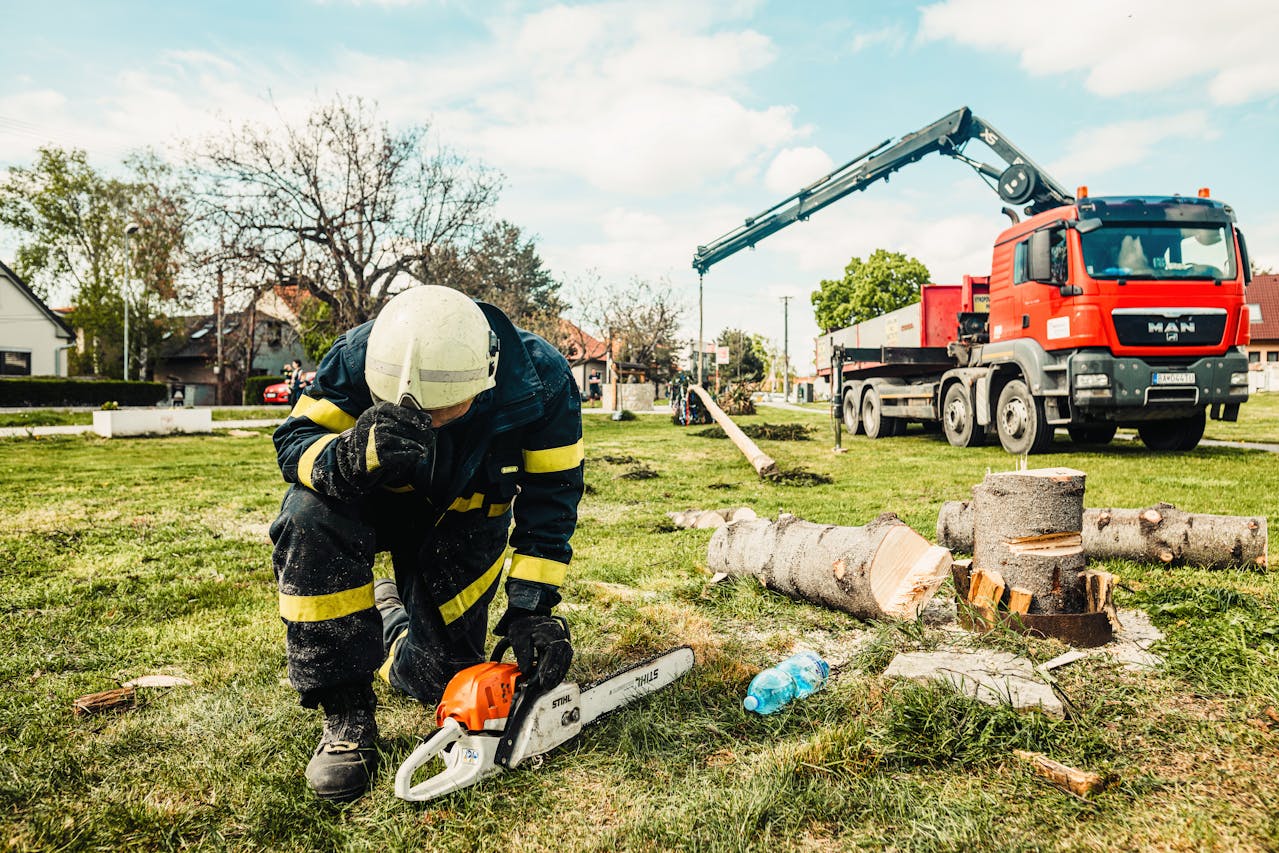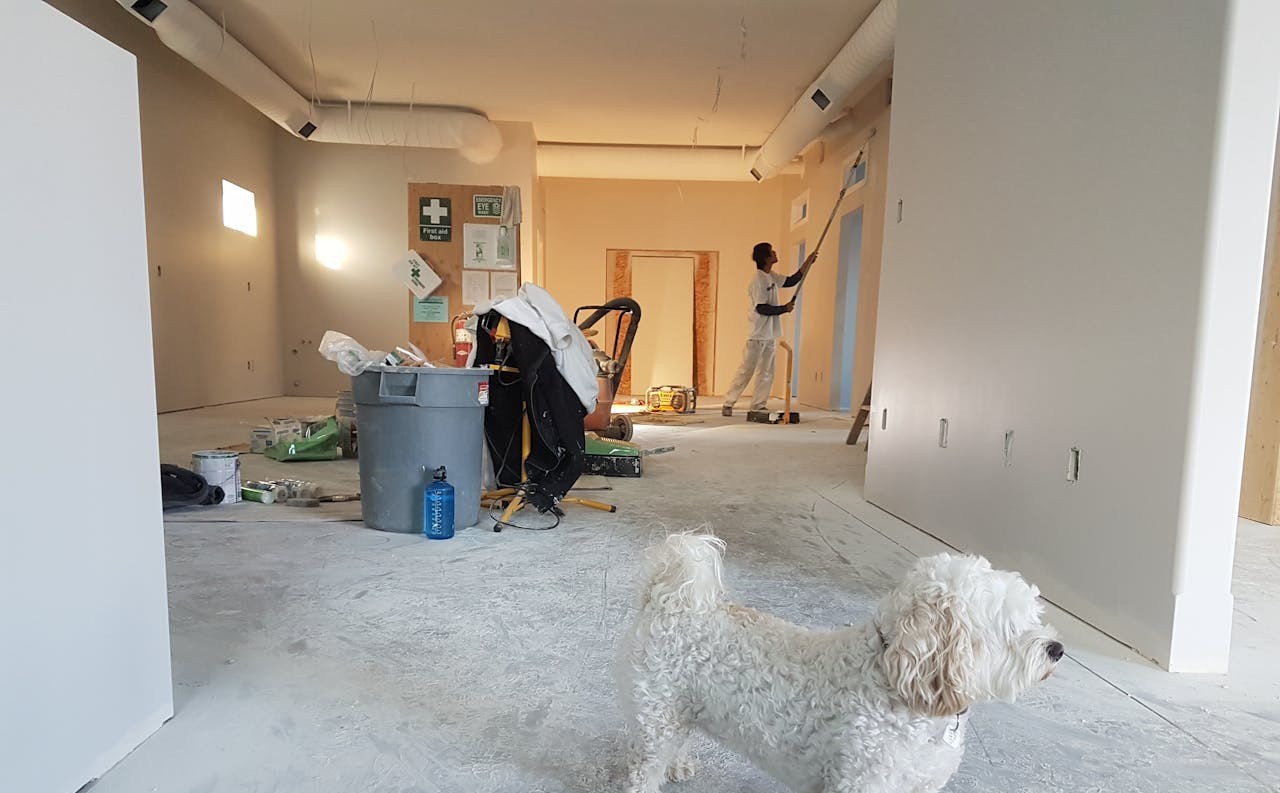Home pride is real, but quiet shortcuts can cross legal lines fast. Codes exist to keep walls upright, wires safe, and water clean. Trouble starts with choices that feel harmless in the moment, like skipping a permit or tapping the wrong pipe. Penalties range from fines to insurance denials after a claim. Neighbors notice, and so do appraisers. The smart move is learning what local rules actually say, then planning projects to meet them. Good work stands, inspections pass, and stress stays low.
Skipping Permits For Structural Changes

Taking out a load bearing wall, cutting a new window, or reworking stairs without a permit can look tidy now and get expensive later. Cities can order tear outs, and insurers may deny collapse or fire claims tied to unpermitted work. Plan review checks spans, footings, shear, and egress before drywall hides mistakes. Inspectors also verify smoke alarms and setbacks. The timeline feels slower, but the result is legal, insurable, and safer for anyone sleeping under that roof.
DIY Electrical Beyond What Codes Allow

Adding new circuits, upgrading panels, or burying splices behind walls violates code in many places unless a licensed electrician signs off. Common misses include wrong gauge wire, overloaded breakers, and hidden junction boxes that turn heat into arc and flame. GFCI and AFCI protection, bonding, and box fill limits are not optional. A pro will megger test and label loads before closing. Small swaps are one thing, but full circuits need permits, inspection, and a name on the license.
Unpermitted Gas Or HVAC Work

Extending a gas line for a range or relocating a furnace without paperwork invites leaks, carbon monoxide, and liability. Codes require shutoff valves, drip legs, combustion air, proper flue sizing, and clearances a how to rarely covers. Flexible connectors and ventless units have strict placement rules. Pressure tests and final inspections protect occupants and future buyers. If a contractor suggests skipping permits to save time, that is the cue to find someone who respects the code book.
Illegal Sewer And Storm Connections

Tying sump pumps or downspouts into a sanitary sewer can flood treatment plants and is banned in many cities. The reverse is worse, sending gray water or pool backwash into storm drains and creeks. Inspectors use dye tests and cameras to verify routing. Fixes often mean dry wells, splash blocks, or approved storm ties with air gaps. It is unflashy infrastructure, but it keeps basements dry, rivers clean, and fines off the mailbox when the first big rain hits.
Blocking Easements And Rights Of Way

Fences, sheds, retaining walls, and hedges often creep into utility or drainage easements, creating legal headaches when crews need access. Cities can order removal at the owner’s expense with little notice. Driveway aprons and sidewalks carry rules about sight triangles near intersections. Before planting or pouring, a survey and easement map beat guesswork. The goal is simple, let water move and workers reach lines without a fight. Good neighbors leave gates for meters and keep swales open.
Building Over Setbacks And Lot Lines

Porches, decks, stair runs, and accessory buildings must live inside setbacks that protect light, fire separation, and privacy. Overhangs and stairs count in many codes. A few inches past the line can trigger a stop work, a variance process, or a required cutback. Property pins shift or vanish, so a fresh survey and recorded plat beat tape measures in the grass. Clean compliance helps appraisals, eases lending, and keeps that future sale from stalling at title review.
Garage And Basement Conversions Without Egress

Turning storage into bedrooms sounds efficient until code asks for emergency escape windows, minimum ceiling height, heat, and smoke and CO alarms. Bedrooms without proper egress violate safety rules and can void rental licenses and insurance coverage. Basements need moisture control, vapor barriers, and tested stair geometry. Good conversions add value by meeting light, ventilation, and exit standards that let first responders in and occupants out. Skipping these turns a cozy space into a dangerous trap.
Short Term Rentals Against Local Rules

Many cities cap nights, require permits, mandate local contacts, or ban whole home rentals in certain zones. Ignoring those rules risks fines that compound and neighbors who document every plate number. Safety mandates like smoke alarms, CO detectors, fire extinguishers, and exit info apply even for two night stays. Taxes follow rentals and are easy to trace through platforms. Compliance keeps income steady, maintains goodwill on the block, and avoids a court date mid season.
Cutting Protected Trees Or Encroaching On A Neighbor’s

Street trees, heritage species, and trunks past a certain diameter often require permits and certified arborists. Topping or removing without approval can trigger heavy penalties and mandated replacements. Trimming branches that cross the line may be allowed, but cutting roots or the trunk is not. Surveys and arborist letters prevent disputes. Healthy canopy cools streets and raises property values, so doing it right protects shade, habitat, and your wallet when the inspector stops by.
Using Banned Pesticides Or Dumping Chemicals

Pouring paint, solvents, mop water, or pool discharge into storm drains sends toxins straight to streams and violates environmental law. Some pesticides and rodenticides are restricted or banned for residential use due to risks to pets and raptors. Household hazardous waste days exist for a reason and are usually free. Labels are law on chemicals, and local programs help with pickup. Small choices upstream keep downstream life intact, from frogs in ditches to fisheries at the bay.
Wildlife Trapping And Relocation Without Permits

Catching raccoons or skunks in a backyard cage and releasing them in a park feels kind and is often illegal. Relocation spreads disease and separates young from parents. Many states require licensed control for trapping and set rules on humane handling. Exclusion, sealing entries, and removing attractants solve most problems without risk. When removal is truly needed, permitted pros protect animals and neighborhoods and keep you off the wrong side of a wildlife statute.
Hiring Unlicensed Contractors Under Owner Builder Pretense

Listing a contractor as a friend or pulling permits as owner builder to dodge licensing is illegal in many regions. It shifts liability to the owner for injuries, payroll taxes, and code compliance. Reputable pros carry insurance, pull permits, and welcome inspections. Bids that seem too low often skip protections that matter when something fails. Good paperwork, lien releases, and licensed crews keep projects, loans, and resale timelines on solid ground long after the paint dries.


